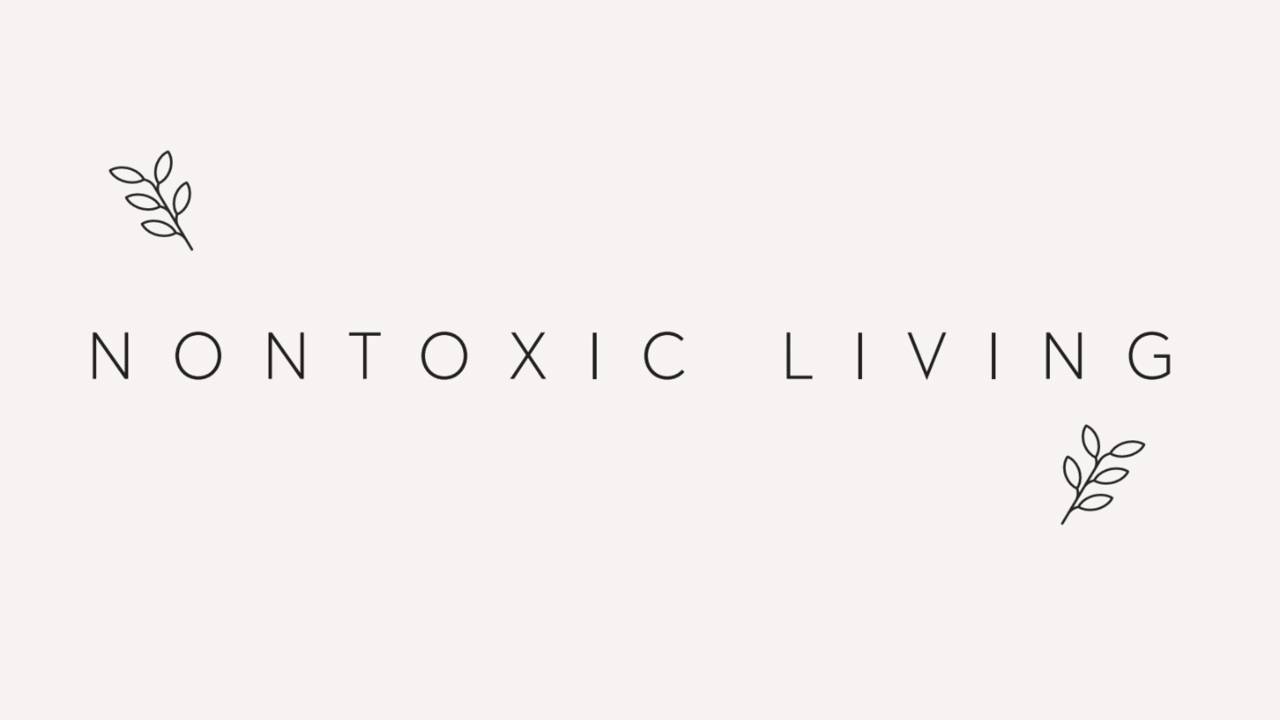Understanding Organic Certification: Organic certification is a process through which agricultural products are verified to be grown and processed according to certain standards set by regulatory bodies. In India, organizations like the National Programme for Organic Production (NPOP) and various certification agencies oversee the certification process.
The Reality of Organic Farming: While organic farming practices prioritize the use of natural inputs and techniques, it's essential to acknowledge that "organic" does not equate to "chemical-free." Organic farmers utilize approved natural substances such as compost, manure, and biopesticides to nurture soil health and control pests and diseases. However, these inputs are not entirely devoid of chemicals.
Natural Chemicals vs. Synthetic Chemicals: It's crucial to distinguish between natural chemicals derived from organic sources and synthetic chemicals manufactured in laboratories. Organic farming allows for the use of naturally occurring substances like copper sulfate and neem oil, which are considered safer alternatives to synthetic pesticides and fertilizers. However, these natural chemicals still have the potential to impact human health and the environment if not used responsibly.
Regulatory Oversight and Limits: Organic certification standards impose limits on the use of certain synthetic chemicals and genetically modified organisms (GMOs). However, these standards vary across countries and certification bodies. While organic farming aims to minimize chemical inputs, complete elimination is often impractical or economically unfeasible.
The Importance of Consumer Awareness: For Indian consumers seeking truly chemical-free products, it's essential to look beyond the "organic" label and delve deeper into the farming practices and certification standards of specific brands or products. Additionally, prioritizing local and seasonal produce can further reduce chemical exposure, as transportation and storage methods may involve additional chemical treatments.
Promoting a Holistic Approach to Health: Instead of fixating solely on organic certification, Indian consumers should adopt a holistic approach to health that encompasses diverse factors such as balanced nutrition, regular exercise, and mindfulness. While organic products can be part of a healthy lifestyle, they should not be viewed as a panacea for all health concerns.
Conclusion: In conclusion, the concept of "organic" does not guarantee complete freedom from chemicals. While organic farming practices prioritize natural inputs and environmental sustainability, the use of certain chemicals is still permitted within regulatory limits. Indian consumers should exercise critical thinking and research to make informed choices about the products they purchase, prioritizing transparency, sustainability, and overall well-being. By embracing a balanced approach to health and wellness, Indians can navigate the complex landscape of organic products with confidence and clarity.
#OrganicMyths #ChemicalFreeIndia #OrganicCertification #OrganicFarmingFacts #NaturalVsSynthetic #ConsumerAwareness #HolisticHealthIndia #OrganicStandards #SustainableLiving #HealthConsciousIndia #TransparencyInProducts #OrganicWellness #EnvironmentalSustainability #HealthyLivingIndia #EcoFriendlyChoices













0 Comments